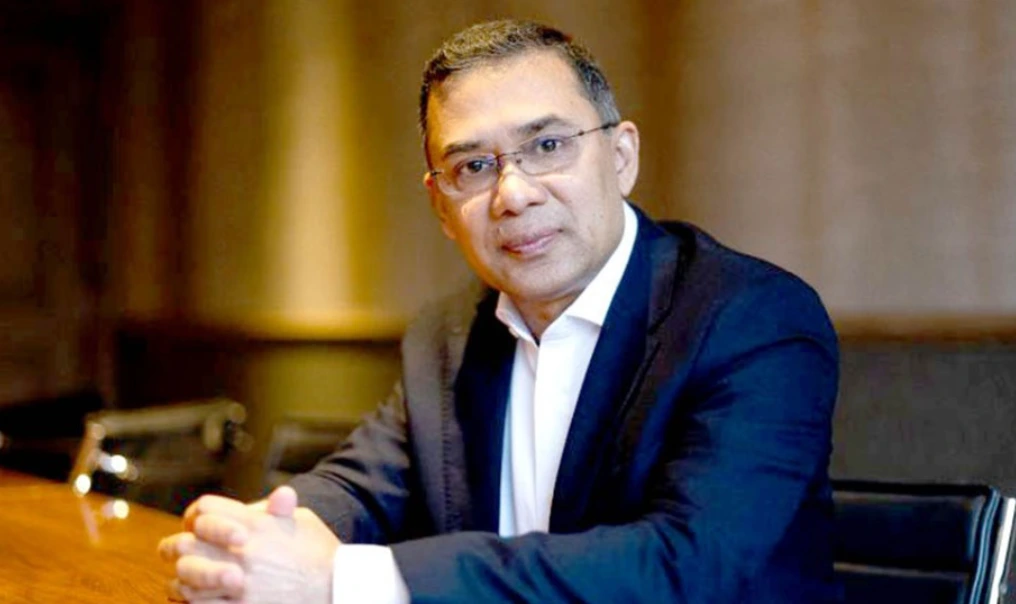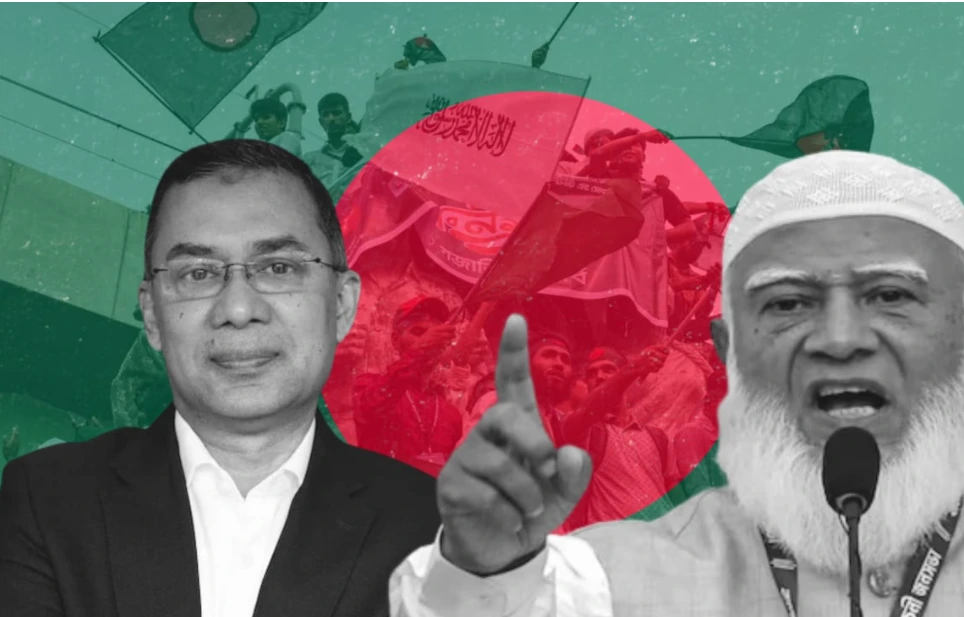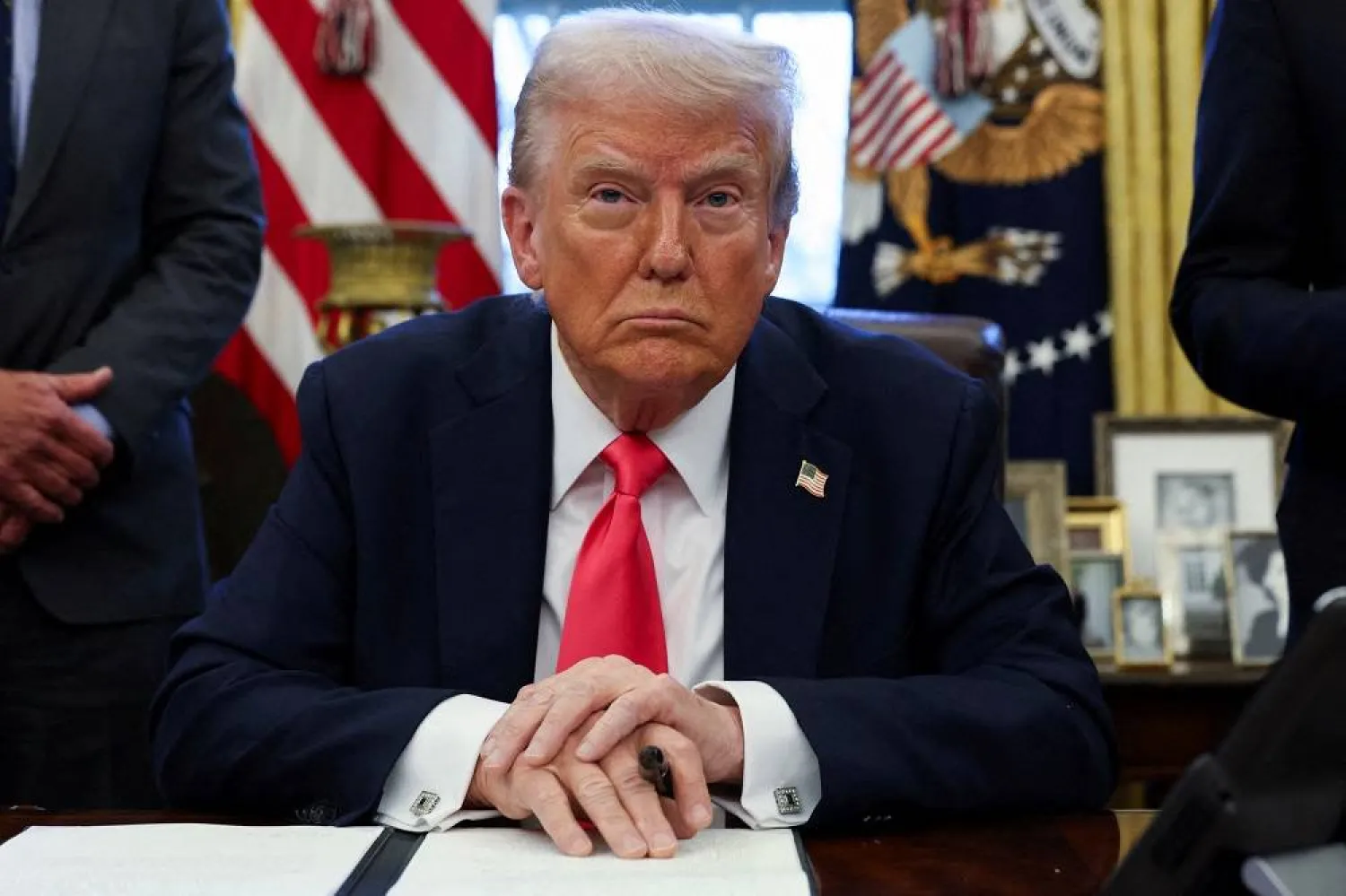Latest world news
Beijing irked at Army Chief Rawat’s statement on “salami slicing” by China on India’s borders
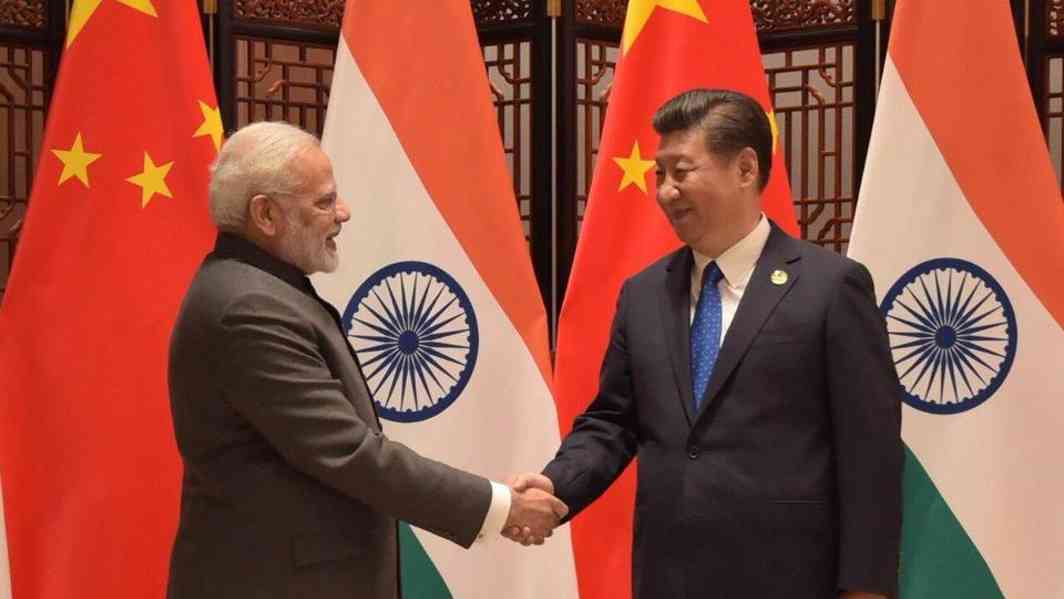
Latest Politics News
Tarique Rahman-led BNP set for landslide win in Bangladesh elections
BNP led by Tarique Rahman has crossed the majority mark in Bangladesh’s national elections, with projections suggesting a two-thirds majority. Jamaat has conceded defeat.
Latest world news
Jamaat, BNP supporters clash in Dhaka as Bangladesh votes in 13th parliamentary polls
Clashes erupted in Dhaka’s Mirpur as Bangladesh voted in its 13th parliamentary elections, marking the first polls after Sheikh Hasina’s ouster.
Latest world news
Donald Trump calls India trade deal historic, highlights rise in US coal exports
Donald Trump describes the India trade deal as historic and links it to rising US coal exports, while India reiterates national interest in energy decisions.
-
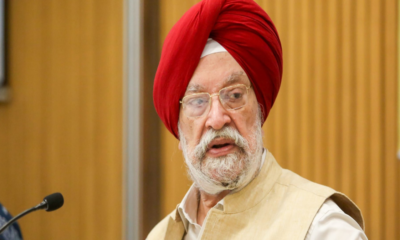
 India News23 hours ago
India News23 hours agoHardeep Puri hits back at Rahul Gandhi over Epstein files allegations
-
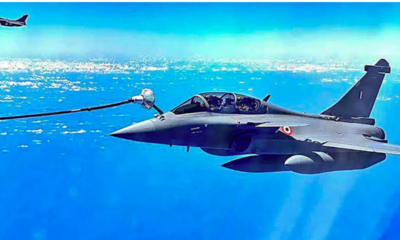
 India News18 hours ago
India News18 hours agoIndia clears Rs 3.25 lakh crore proposal to procure 114 Rafale fighter jets
-

 Latest Politics News5 hours ago
Latest Politics News5 hours agoTarique Rahman-led BNP set for landslide win in Bangladesh elections
-

 India News5 hours ago
India News5 hours agoPM Modi congratulates Tarique Rahman after BNP’s decisive win in Bangladesh elections
-
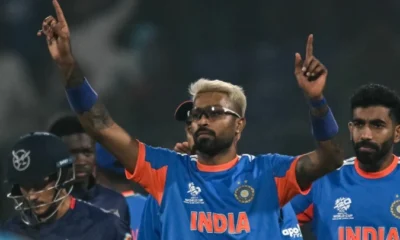
 Cricket news4 hours ago
Cricket news4 hours agoIndia crush Namibia by 93 runs to go top of Group A in T20 World Cup
-

 India News17 mins ago
India News17 mins agoVijay targets DMK over Rs 2,000 scheme, calls on voters to blow the whistle
-

 India News5 mins ago
India News5 mins agoAmit Shah to visit India-Bangladesh border in Assam on February 21







